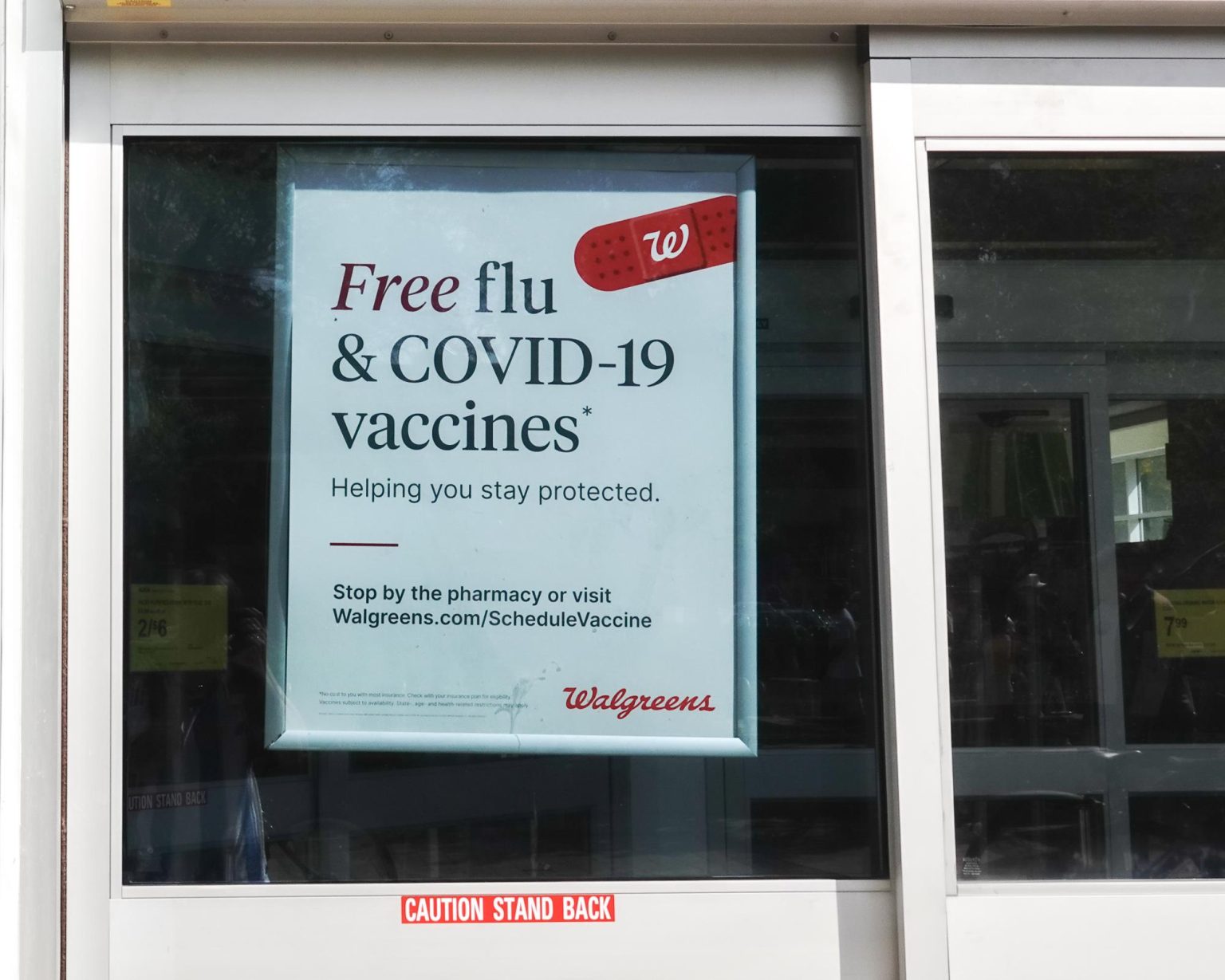Listen to the article
Health experts from the University of Wisconsin gathered last week to demystify vaccine safety and efficacy during a time of increasing public skepticism toward immunization programs.
The Morgridge Institute for Research’s Fearless Science Forum brought together leading infectious disease specialists Dr. Nasia Safdar, Dr. John Williams, and pathobiological sciences professor Dr. Jorge Osorio for an in-depth discussion on vaccine development, safety protocols, and the consequences of declining vaccination rates.
“For all these childhood illnesses, these are not trivial conditions. They take the lives of kids who have not been vaccinated,” said Dr. Safdar, highlighting the critical importance of maintaining childhood immunization schedules.
Dr. Safdar detailed the rigorous process behind vaccine development, which begins with laboratory efficacy testing before advancing through multiple clinical trial phases. Each phase incorporates various safeguards and checkpoints to ensure safety. Even after regulatory approval, vaccines undergo continuous monitoring through “post-approval” surveillance systems to verify that benefits consistently outweigh any risks.
The panel emphasized that childhood vaccines face particularly stringent requirements. “Vaccines are not given trivially — the disease has to be serious and the vaccine has to be proven to be effective and safe,” Dr. Safdar explained.
Independent oversight plays a crucial role in vaccine development, according to Dr. Williams. Clinical trials are monitored by external safety boards comprised of experts who can halt trials for two primary reasons: if a vaccine demonstrates safety concerns or, conversely, if a vaccine proves so effective that continuing to give placebos to the control group becomes ethically questionable.
“I think all of us who have seen the power of vaccines are willing to do that [serve on safety boards] for the benefit of humans,” Dr. Williams noted, acknowledging the substantial time commitment such service requires.
The experts expressed concern about falling vaccination rates in certain communities. For highly contagious diseases like measles, approximately 95% of a population must be vaccinated to achieve herd immunity—the threshold that prevents disease transmission. Dr. Osorio pointed out that some communities now fall nearly 20% below this critical threshold, largely due to the proliferation of vaccine misinformation.
“We unfortunately live in a world where epidemics and pandemics are going to continue to happen… Vaccines are one of the most important public health interventions,” Dr. Osorio stated, underscoring the relevance of vaccination in an increasingly interconnected global environment.
To counter misinformation, the panel offered practical guidance for identifying reliable health information. Dr. Safdar recommended sources such as the Wisconsin Department of Health Services, the American Academy of Pediatrics, and the Infectious Diseases Society of America. She cautioned against sources making extreme claims about vaccine efficacy or side effects.
“[Be skeptical of] far-reaching, broad claims made by people who have no standing in the field… Just because someone says something doesn’t mean it’s true,” Dr. Safdar advised.
The discussion also addressed recent policy changes that could impact vaccine accessibility. Dr. Williams noted that the CDC has revised its recommendations for certain childhood vaccine combinations, now advising that varicella and MMR vaccines be administered separately rather than as a combined immunization. This change could potentially create additional barriers to complete vaccination.
Dr. Safdar emphasized that removing obstacles to vaccination must remain a public health priority. In what became perhaps the forum’s most quoted remark, she stated, “Vaccines don’t save lives. Vaccinations do. A vaccine sitting on the shelf is not going to do anyone any good.”
The event, moderated by Steenbock Professor of Microbiological Sciences Dr. Paul Ahlquist, comes at a critical juncture for public health officials nationwide, who are working to restore public confidence in vaccination programs following years of declining immunization rates and the politicization of vaccine science during the COVID-19 pandemic.
Public health experts have warned that without substantial improvements in vaccination coverage, previously controlled diseases could resurge in vulnerable communities across the United States, potentially leading to preventable outbreaks and fatalities.
Verify This Yourself
Use these professional tools to fact-check and investigate claims independently
Reverse Image Search
Check if this image has been used elsewhere or in different contexts
Ask Our AI About This Claim
Get instant answers with web-powered AI analysis
Related Fact-Checks
See what other fact-checkers have said about similar claims
Want More Verification Tools?
Access our full suite of professional disinformation monitoring and investigation tools




12 Comments
Vaccines are one of our most powerful public health tools. I’m glad the experts are taking a proactive approach to addressing vaccine hesitancy.
The experts make a compelling case for the critical importance of maintaining high vaccination rates. I hope this discussion helps reassure the public.
The rigorous testing process for vaccines is really impressive. It’s reassuring to know there are so many safeguards in place to ensure safety and efficacy.
Absolutely, the continuous monitoring even after approval is a key part of that.
The consequences of declining vaccination rates are really concerning. We can’t afford to be complacent about the threats of vaccine-preventable diseases.
Glad to see experts addressing vaccine safety and combating misinformation. Vaccines have saved countless lives and it’s crucial we maintain high vaccination rates to protect public health.
I appreciate the experts taking the time to demystify vaccine safety and address public concerns. Transparency and education are vital to combating misinformation.
Interesting to learn about the post-approval surveillance systems that continue monitoring vaccines. Keeping a close eye on long-term safety is crucial.
It’s heartening to see health experts working hard to ensure the public has accurate information about vaccine development and safety protocols. Their efforts will save lives.
Vaccines aren’t just for the individual, but the whole community. Maintaining childhood immunization schedules is critical to protecting vulnerable populations.
Excellent point. Herd immunity is so important, especially for those who can’t be vaccinated.
This is a great example of science communication in action. Kudos to the experts for taking the time to address vaccine safety concerns head-on.